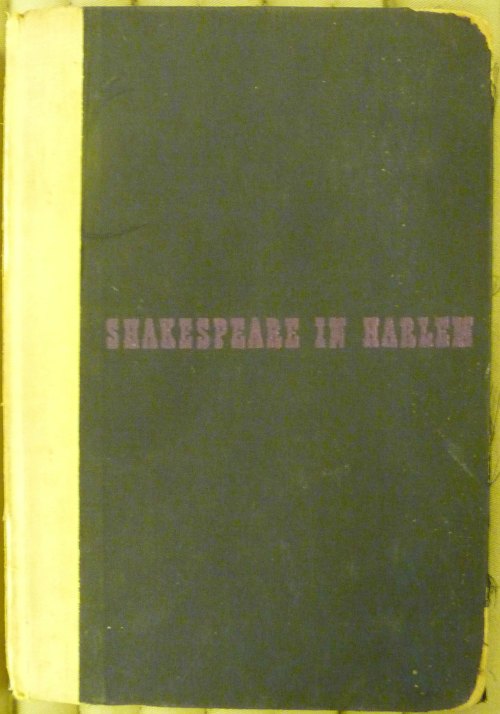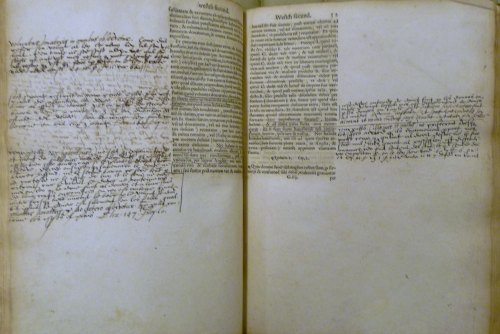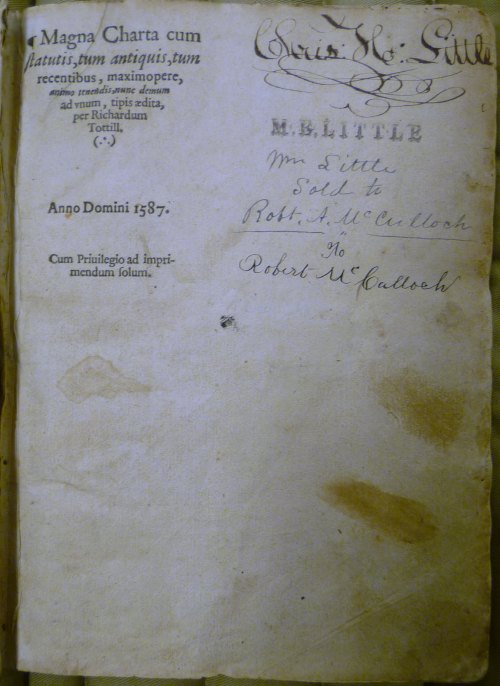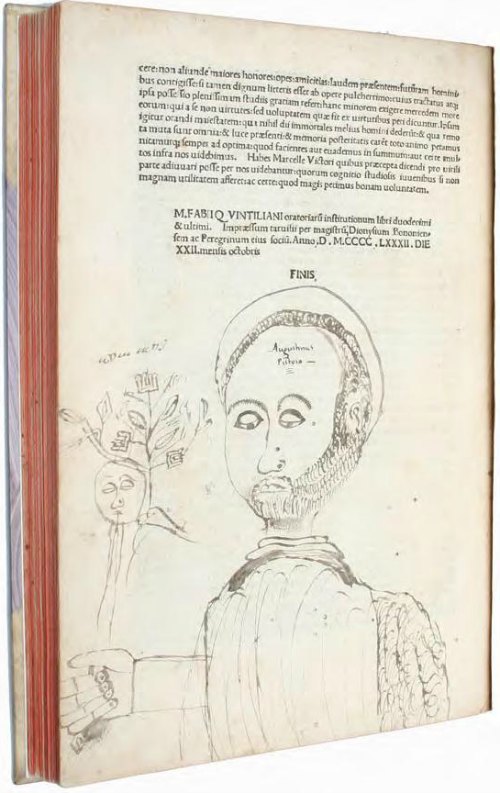In the Rubenstein Library, sometimes we primarily judge books by their covers, be they bejeweled, finely bound, or otherwise interestingly decorated. And sometimes we certainly do not. Case in point: the book below.
The Library wouldn’t acquire most copies of the third edition of Langston Hughes’s Shakespeare in Harlem, especially not a copy without its original dust jacket and rather heavily worn. But this was no ordinary copy. This appears to be Hughes’s own copy of the last edition of this book issued during his lifetime.

Not only that, Hughes made changes to fifteen of its poems, some of them dramatic shifts in the tone, rhythm, length, or meaning of the text.

The copy recently turned up in a sorority house at Lincoln University, from which it was sold at auction and entered the rare book trade. Much about the volume remains to be discovered. The changes that Hughes made in this volume have not been published or incorporated into any of the later editions of Hughes’s collected works or poems.









